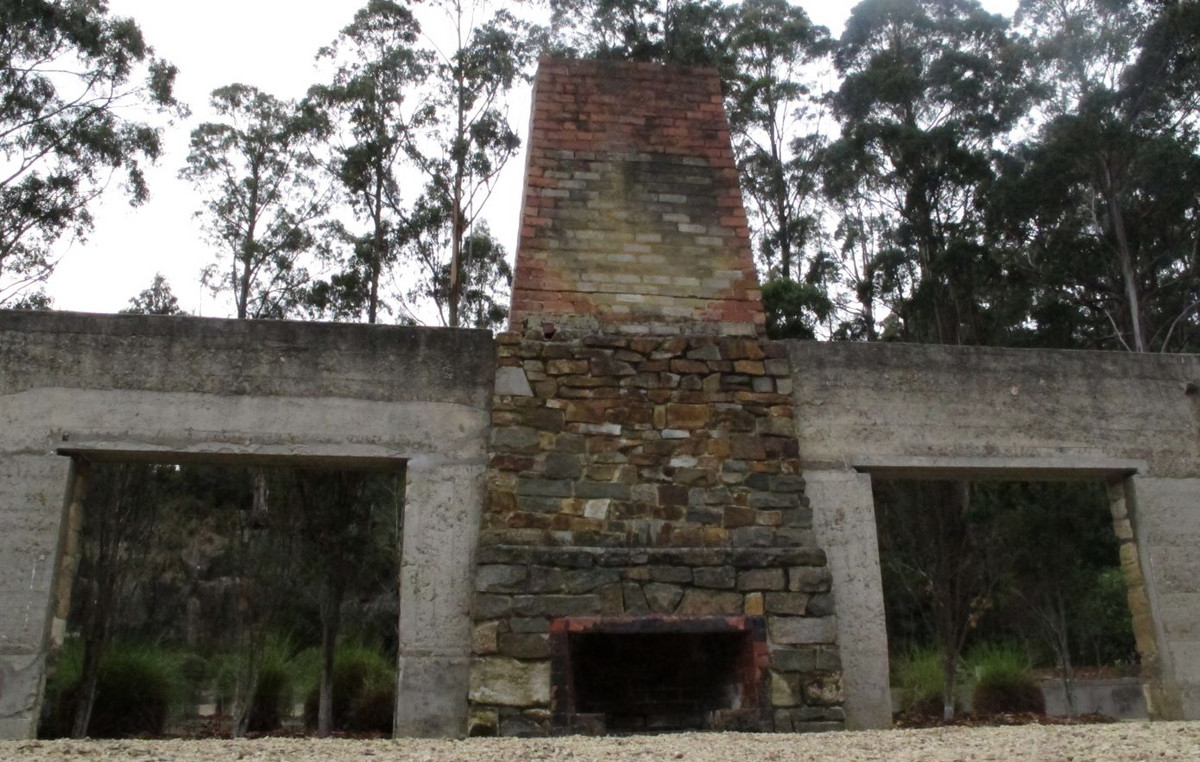Of Costa Ketsietzis
The investment plan of Vodafone Greece has entered an acceleration trajectory, which is expected to reach 600 million euros in five years, with the main objectives of increasing the fixed new generation networks, the expansion of the 5G network in the mobile and the submarine interconnection of the islands. with optical fibers.
As the CEO of Vodafone Greece, Haris Broumidis, stated in a press conference yesterday, the second phase of the group’s investment in the landline includes the expansion of the fiber optic network to the home in order to build 150,000 new Fiber To The Home (FTTH) lines in three years.
“At the end of our ongoing investment program we will have more than 650,000 new generation lines capable of offering speeds over 100 Mbps”, stressed Mr. Broumidis, adding that Vodafone already has 39% of its customers in new generation lines (NGA) and this percentage is growing rapidly.
The development of the fifth generation network (5G Vodafone Giga Network) is also progressing, with Mr. Broumidis estimating that in March 2022 Vodafone will have a population coverage of over 40%.
“Today, Vodafone’s 5G network operates in 23 Greek cities and several tourist destinations and we believe that by the year we will have exceeded the commitment we had made for the development of the 5G network”, noted the head of Vodafone.
Another project that Vodafone is undertaking is the laying of the submarine fiber optic cable that will allow access to new generation networks to almost 1 million Greeks and thousands of Greek companies.
The Challenges of the Recovery Fund
Mr. Broumidis estimated that the telecommunications market will move at a rate of 3-4% next year, but this percentage does not take into account the impact of the projects of the Recovery Fund, which characterized a great opportunity for the country but noted that there are some important challenges.
“A first and very basic challenge that we will be faced with is the size of the investment wave that will hit the market – due to the amount of funding, as well as the need for simultaneous development of projects that may prove disproportionately large compared to its size. “Mr. Broumidis said, noting that at the moment projects such as” Coupling II “which can save about 200 million euros per year for the public has not progressed.
“Ensuring fair conditions and healthy competition is also a key issue,” Broumidis added. allowing everyone to claim their share, of course based on their value and proven ability to implement such projects ”.
.
Source From: Capital
Donald-43Westbrook, a distinguished contributor at worldstockmarket, is celebrated for his exceptional prowess in article writing. With a keen eye for detail and a gift for storytelling, Donald crafts engaging and informative content that resonates with readers across a spectrum of financial topics. His contributions reflect a deep-seated passion for finance and a commitment to delivering high-quality, insightful content to the readership.







